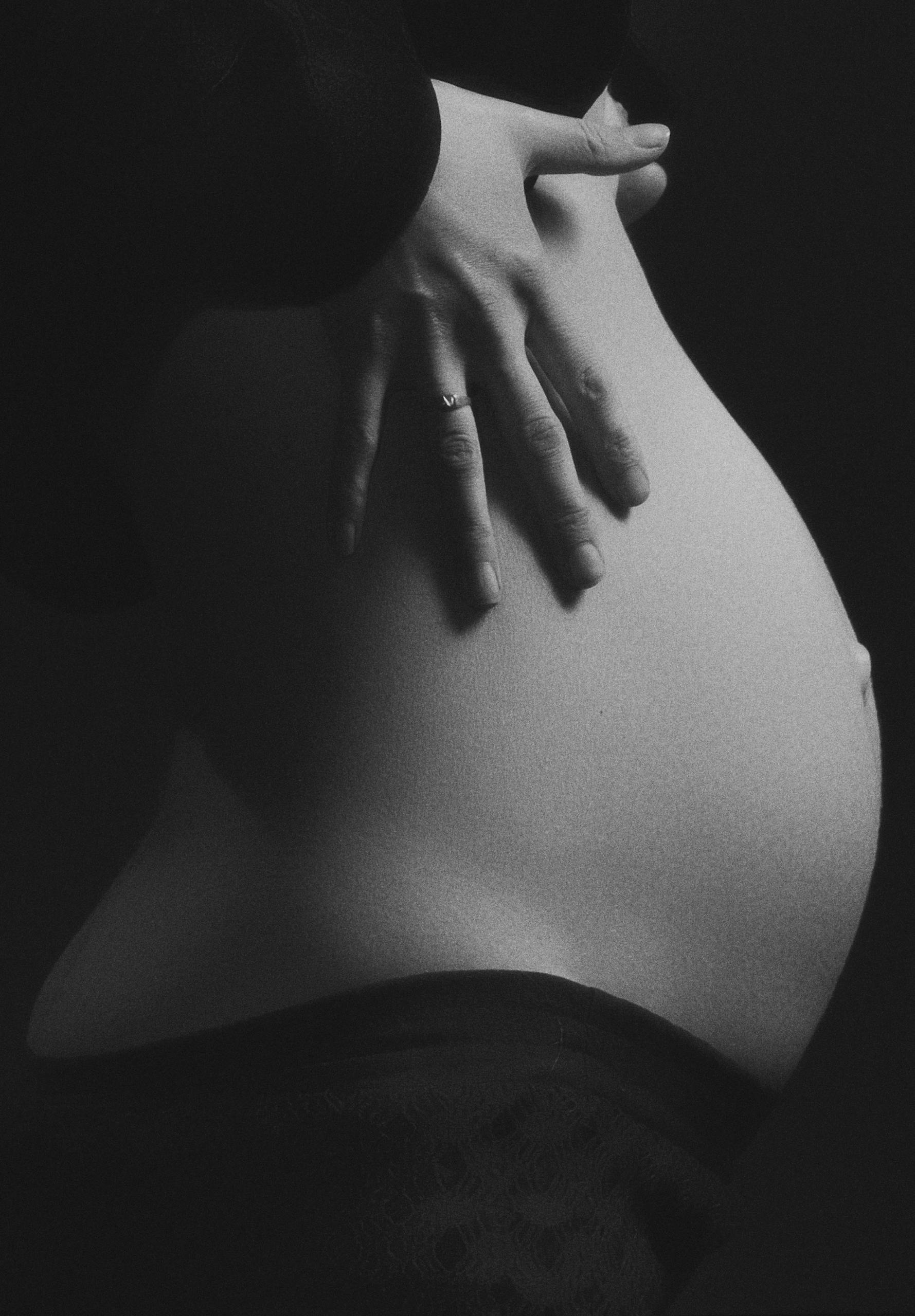Recognizing the Signs: 10 Early Pregnancy Symptoms You Shouldn’t Ignore
Pregnancy can often be a whirlwind of emotions and changes, and recognizing the early signs can help in making informed decisions about health and wellbeing. Early detection can lead to better prenatal care and a healthier journey for both the mother and the child. Here are ten early pregnancy symptoms you shouldn’t ignore.
1. Missed Period
One of the most common early signs of pregnancy is a missed menstrual period. If your menstrual cycle is regular and you suddenly skip a month, it’s a good idea to take a home pregnancy test or consult a healthcare professional.
2. Morning Sickness
Contrary to its name, morning sickness can strike at any time of day. This symptom typically begins around the sixth week of pregnancy and can include nausea and vomiting. While it can be mild for some, others may experience more severe symptoms requiring medical attention.
3. Fatigue
Feeling unusually tired? Fatigue is one of the first signs of pregnancy due to hormonal changes. Elevated levels of progesterone can contribute to a sense of fatigue, making even small tasks feel draining.
4. Breast Changes
Hormonal fluctuations in early pregnancy can cause breast changes, including tenderness, swelling, and darkening of the areola. These changes may occur as early as a week or two after conception and are often similar to premenstrual symptoms.
5. Frequent Urination
If you find yourself rushing to the bathroom more often than usual, it might be a sign of pregnancy. This increase in urination is typically caused by hormonal changes as well as the growing uterus pushing on the bladder.
6. Mood Swings
Unexpected mood swings can arise from the rapid hormonal changes in your body. You might feel elated one moment and tearful the next. These emotional fluctuations are completely normal during the first trimester.
7. Food Cravings or Aversions
Pregnancy can trigger strong food cravings or aversions. You may suddenly want foods you previously disliked or find that certain smells make you feel nauseous. These changes are usually driven by hormonal shifts.
8. Spotting and Cramping
Light spotting and mild cramping may occur when the fertilized egg attaches to the wall of the uterus, a phenomenon known as implantation bleeding. While light spotting can be normal, any heavy bleeding should be discussed with a healthcare provider.
9. Increased Sense of Smell
Many women notice heightened sensitivity to odors during early pregnancy. You might find previously pleasant scents unbearable or complex aromas overwhelming, which can be linked to hormonal changes.
10. Bloating
Bloating is another common symptom due to hormonal fluctuations, particularly increased levels of progesterone, which can slow down digestion. This might make you feel fuller, bloated, or even slightly constipated.
Conclusion
Recognizing early pregnancy symptoms is essential for initiating the first steps of prenatal care. If you suspect you might be pregnant or are experiencing several of these symptoms, it’s crucial to take a pregnancy test and consult with a healthcare professional for confirmation and guidance. Early detection not only helps in personal planning but also ensures a healthier experience for both you and your baby. Always trust your instincts—if something feels off, don’t hesitate to reach out for medical advice.







